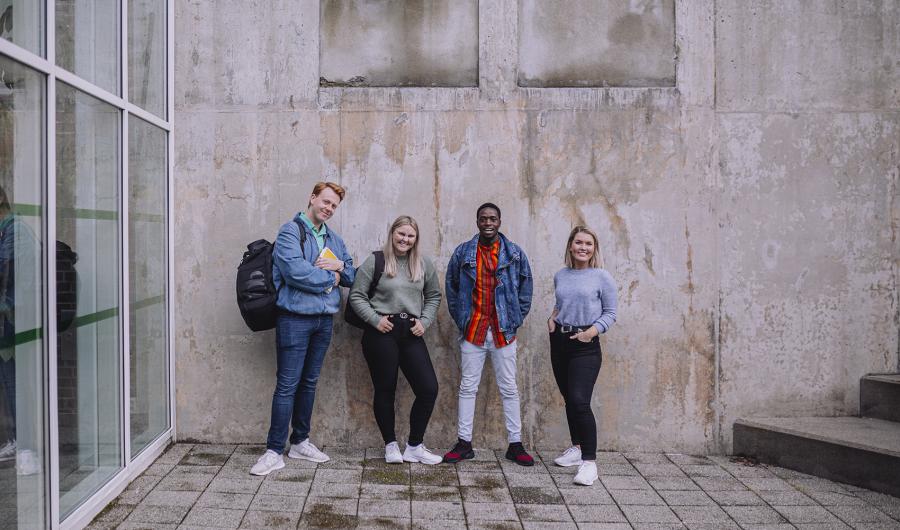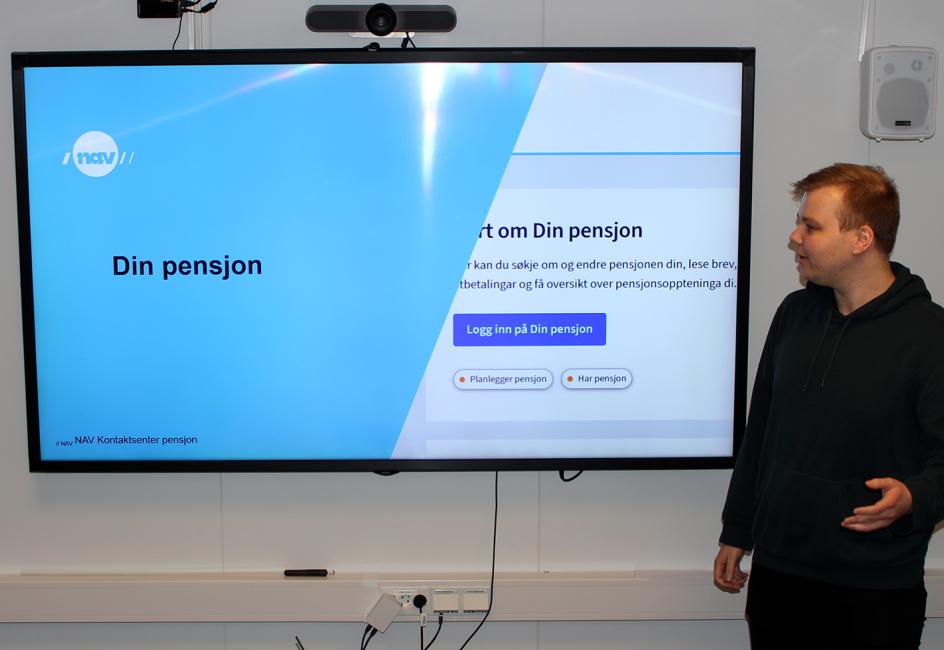
Senior Teacher Education in Social Sciences
Programme description
Career opportunities
For students choosing political science as their subject II, student exchange is facilitated during the 6th semester (spring semester in the 3rd study year).
We recommend the following partner institutions for exchange:
For subject II English, exchange is recommended for a full year (5th and 6th semester)
For subject II Media studies, exchange is recommended either in the 5th or 5th semester.
Nord University also has a series of agreements with other universities that may be relevant for students on this programme, provided they offer relevant courses and subjects.
Please note that in order to go on an exchange abroad, students at the Faculty of Education and Arts at Nord University must have passed a minimum of 60 ECTS credits.
Upon successful completion of this programme, the candidate:
Knowledge
- Has thorough knowledge of social sciences and history, and specialised knowledge of a vocationally relevant history subject
- Has thorough knowledge of national and international scientific issues, research theories and methods in professional, pedagogic and subject-didactic questions
- Has a broad understanding of the school's mandate, the foundational values of education and the education system
- Has thorough knowledge of relevant research literature as well as current legislation and framework plans
- Has knowledge of youth culture and the development and learning of youth in different social and cultural contexts
Skills
- Can identify relevant national and international professional literature, analyse and critically relate to sources of information and existing theories
- Can apply academic literature and other relevant sources of information to structuring and formulating professional arguments in different areas
- Can conduct an independent, limited and profession-relevant research project in accordance with current research-ethical norms
- Can apply scientific and experience-based knowledge to plan and lead teaching in ways that provide good professional and social learning processes
- Can use a variety of work methods in an independent and professional manner in order to differentiate and adjust teaching in accordance with current learning plan frameworks, and create an inclusive and motivating learning environment
- Can describe signs of competence, assess and document pupils' learning, provide feedback that enhances learning and contribute to the pupil¿s reflecting on his or her own learning and professional development
General competence
- Can contribute to innovation processes and innovative thinking and conduct vocationally oriented professional development work
- Can transmit and communicate professional issues related to the exercising of his or her vocation on a professionally advanced level
- Can be able to plan for and implement varied teaching and in-depth learning within the subject areas
- Can strengthen international and multicultural perspectives on the schools' work, contribute to understanding of the Sami status as indigenous people and stimulate democratic participation and sustainable development.


